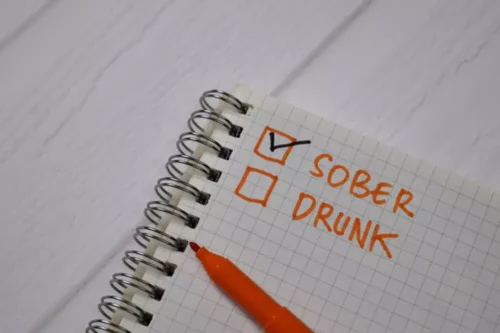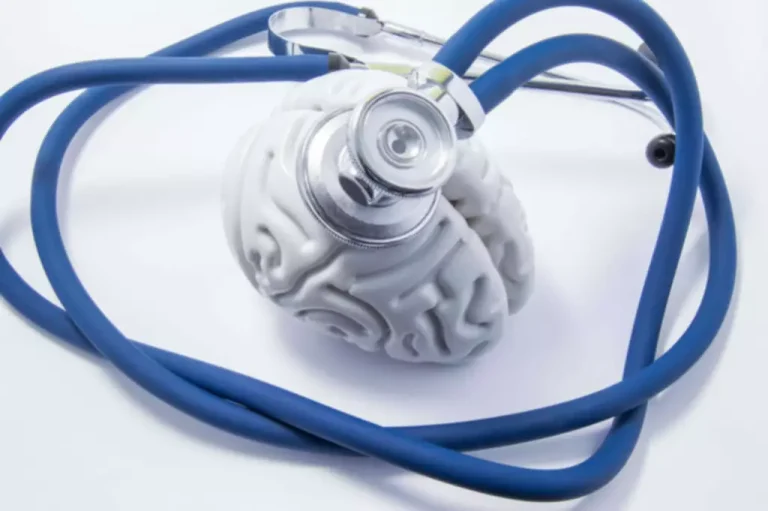
First, as previously mentioned, energy from alcohol appears to be additive to energy from other sources 5. https://ecosoberhouse.com/article/relation-between-alcohol-and-dementia/ Several studies suggest that consuming alcohol before or during a meal does not influence the amount of food eaten in that meal, despite increasing the energy density of the meal 5. Thus, individuals do not appear to compensate for the added energy from alcohol in the short-term, and alcohol appears to have little effect on satiety 5. Research has found that light-to-moderate alcohol intake does not cause weight gain. Instead, regular heavy drinking may lead to weight gain over time.
Alcohol Intake and Obesity: Potential Mechanisms
Your frame isn’t the only part of you that will benefit from cutting back on booze. Alcohol also affects your brain, heart and liver, and it can increase your risk of certain cancers. Family medicine physician Daniel Allan, MD, explains what causes a beer belly, the risks it brings and how to work on getting rid of it. Just looking for new beverages to spice up your alcohol-free lifestyle? Alcohol can actually impede physical fitness and performance by making the heart less efficient at pumping blood and delivering oxygen to the body, negatively impacting aerobic fitness capabilities.
- While there is limited evidence that directly links alcohol to weight gain, a connection has been identified.
- Learn about the role of vitamins in weight loss and how to incorporate them into your diet.
- Poor sleep triggers hormonal imbalances, particularly in ghrelin and leptin — hormones that regulate hunger and fullness.
- However, body weight depends on so many other things that we can’t give a hard-and-fast explanation.
Does Alcohol Dehydrate You? Understanding The Health Risks
The fat stored around your belly is thought to be the most dangerous type of fat for your health. This is because your body prioritizes the breakdown of alcohol over other sources of fuel, including stored fat. Beer also contains small amounts of micronutrients, including sodium, potassium and magnesium. However, it’s not a particularly good source of these nutrients, as you would need to drink massive amounts to satisfy your daily requirements. There are many different varieties that vary in strength, color and taste.

Does Alcohol Impair Weight Loss and Muscle Growth?
- Another important confounding factor to be considered is physical activity level.
- What’s more interesting is the number of ways excessive alcohol affects your weight indirectly.
- If you’re determined to improve your health and lose some weight, one of the most effective things you can do is cut out binge drinking.
- Excessive and long-term alcohol use can cause many health complications, which may become severe and life threatening.
The systematic review by Bendsen et al. 3• suggests that this trend is less likely in experimental studies examining beer consumption exclusively. A modest increase in weight of one kilogram over a 10 week period seems insignificant but over five years this could result in up to 26 kg of weight gain if no compensation takes place. A summary of the studies examined in this article, organized by the trend between alcohol and weight gain/obesity can be found in Table 1.

Men Have a Higher Risk Than Women
Even people who are at a normal weight have an increased risk of health problems if they have a large amount of belly fat (13). Beer may increase the number of calories you consume and prevent your body from burning fat. does alcohol make you gain weight However, although it’s possible that men who drink beer are exposed to higher levels of phytoestrogens, it’s not known how these plant compounds affect their weight or belly fat, if at all (8). By cutting back on binge drinking, you could inadvertently lose weight to achieve a lower body mass index (BMI) without making any other changes to your lifestyle. Eliminating alcohol is not necessary to lead a healthy lifestyle.

Add a Comment